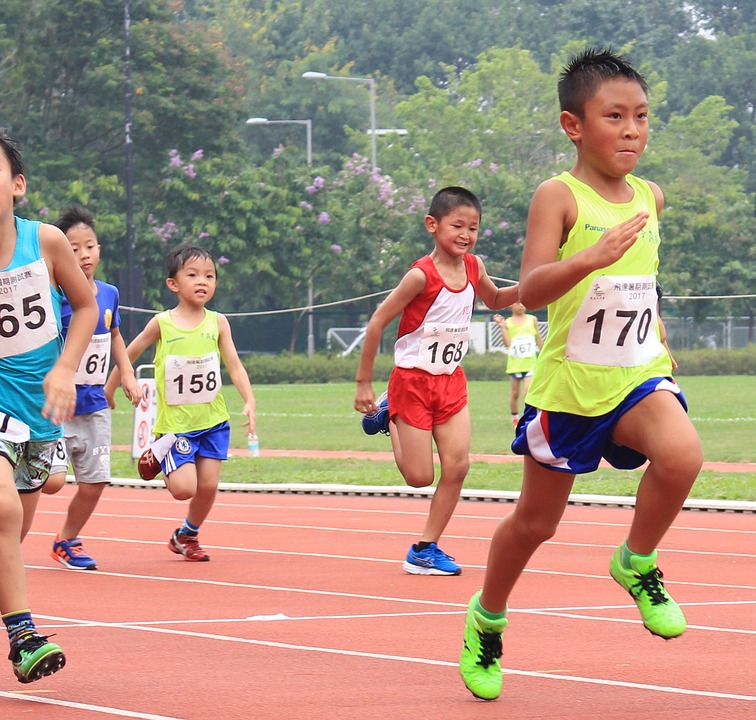
24 Jul What do children and endurance athletes have in common?
We all know that children seem to have never-ending energy, capable to running around all day only to claim they are not tired when bedtime comes. However, new research published in Frontiers in Physiology has offered an insight into the way children resist muscle fatigue in a similar way to that of endurance athletes.
The study compared the rates of fatigue and recovery among young boys, untrained men and endurance athletes when performing high intensity exercise on a stationary bike. The data showed that when performing at a comparative level young boys muscles fatigue at a similar rate to the endurance athletes. Furthermore, the research suggests that when it comes to recovery the boys may have the upper hand on the athletes. Just how is this possible?
Well, the answer is not that the children are super fit but one of development of energy-producing pathways. The kids do not have a highly developed anaerobic energy system; therefore, they do not produce a great deal of lactic acid during exercise. This allows them to exercise for longer due to less lactic acid accumulation and then recover quicker from high intensity exercise by clearing the waste product from working muscles at a faster rate.
The data has implications not only for targeted training in young athletes but is also a step toward understanding how the risk of developing diseases such as cancer, cardiovascular disease and diabetes increases as we age. The research shows that at a muscular level fitness decrease as children move into adulthood, which is around the time in increase in diseases such as diabetes occurs. The authors state that future research will focus on whether the muscular changes observed are directly related to disease risk.
So, we know that children have resistance to fatigue, however, it is important to distinguish between a child of boundless energy and one who may have a Sleep disorder. Children who have difficulty in settling into sleep at a reasonable time in the evening or continually wake during the night may in fact have a Behavioural Sleep Problem. Furthermore, changes in daytime energy levels and/or learning difficulties may be associated with Obstructive Sleep Apnoea.
Reference:
http://www.abc.net.au/news/health/2018-04-25/kids-fitness-children-recover-exercise-like-endurance-athletes/9692272
http://sleephealthfoundation.org.au/pdfs/childrens-sleep-disorders.pdf

